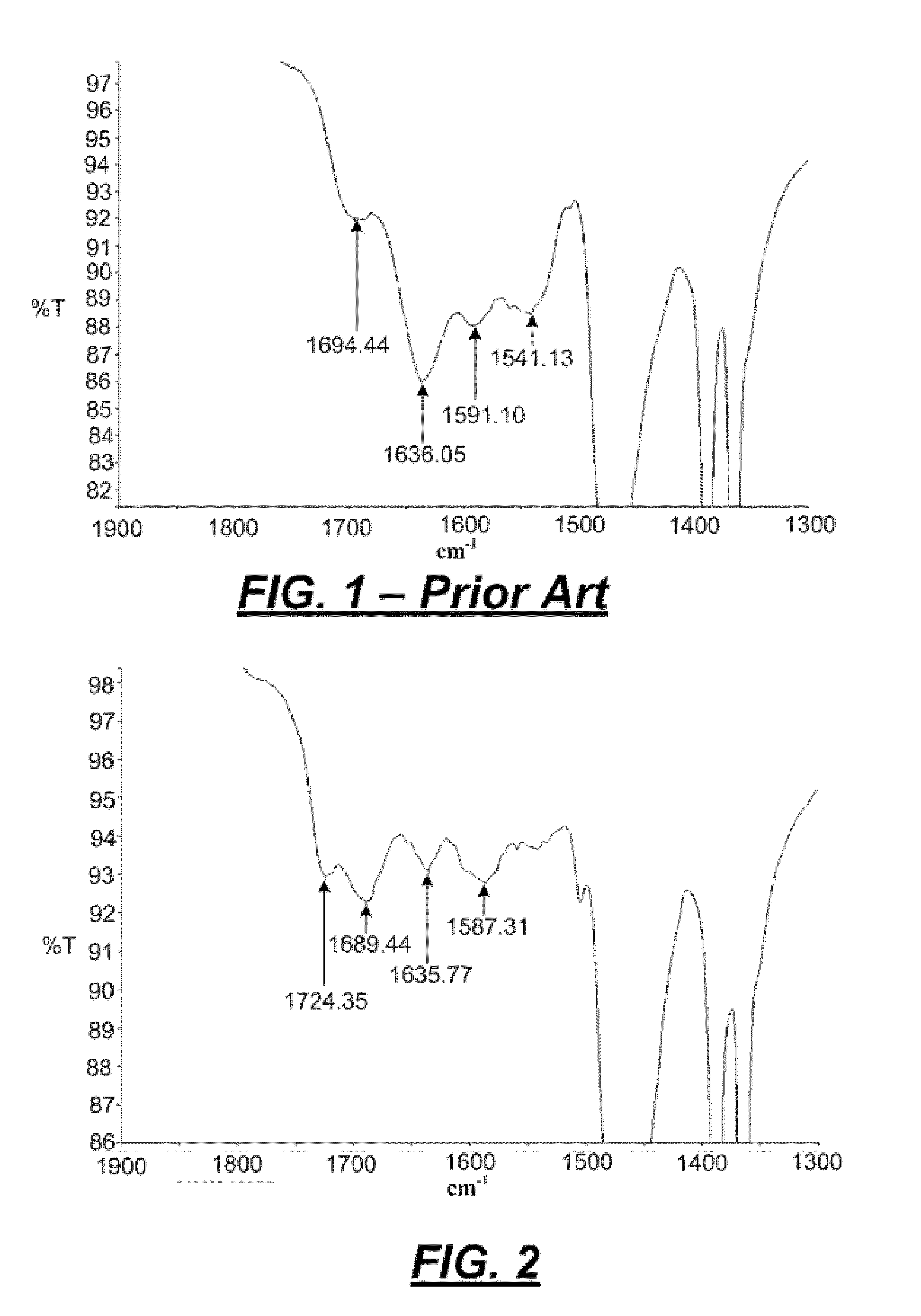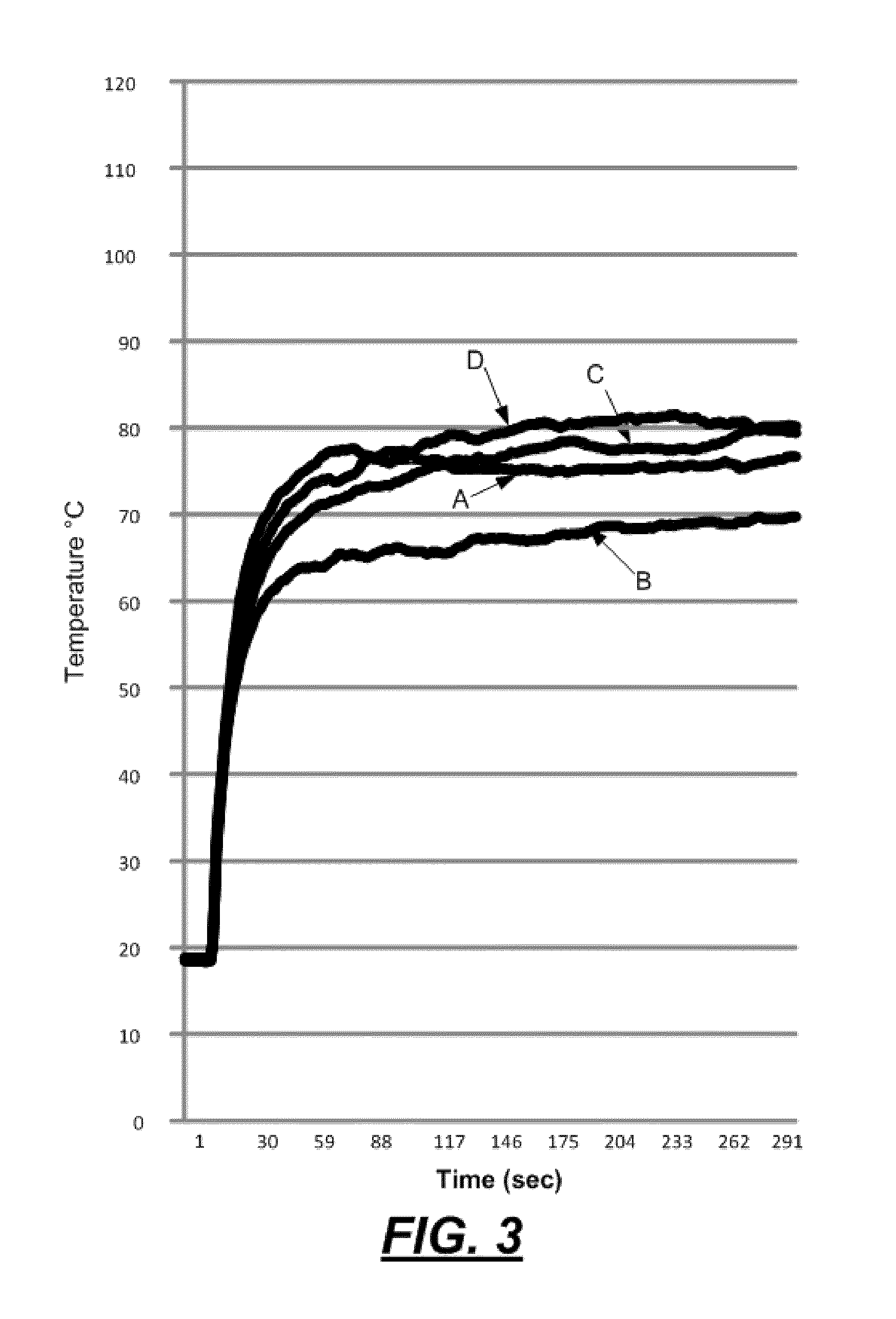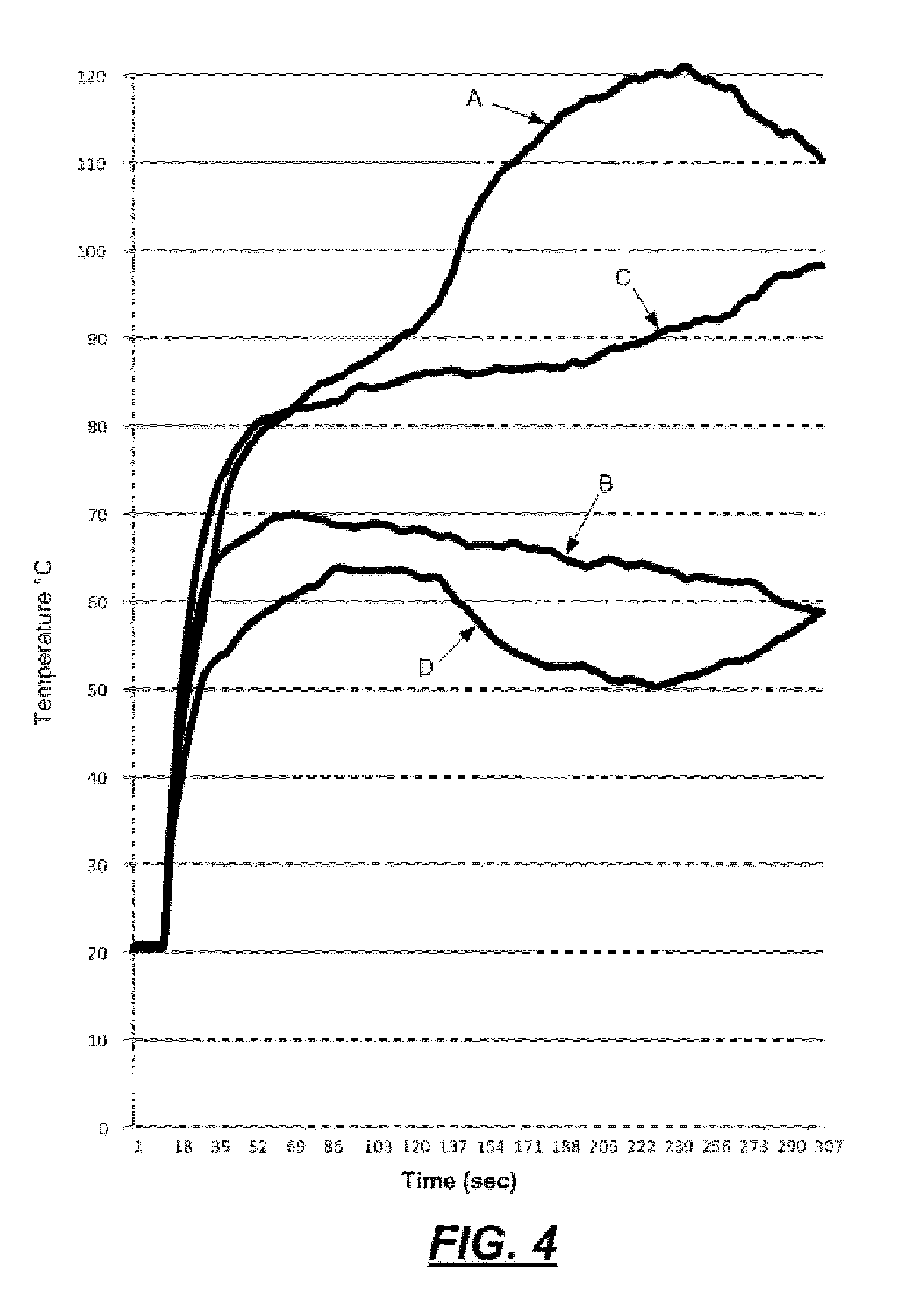Fuel additives for treating internal deposits of fuel injectors
a technology of fuel additives and injectors, which is applied in the direction of fuels, machines/engines, mechanical equipment, etc., can solve the problems of increased downtime, reduced fuel economy, and significant power loss, and achieve the effect of preventing the plugging of fuel filters and reducing the amount of internal deposits
- Summary
- Abstract
- Description
- Claims
- Application Information
AI Technical Summary
Benefits of technology
Problems solved by technology
Method used
Image
Examples
example 1
Injector Sticking Engine Test
[0055]Diesel engine nozzle sticking tests were conducted using the Peugeot DW10 engine following the protocol of Table 1. For keep-clean testing, the engine was run with diesel fuel doped with metal carboxylate salts and with the detergent additive indicated in the example. For clean-up testing, the engine was first run with diesel fuel doped with metal carboxylate salts without a detergent additive to establish a baseline of stuck fuel injectors. Next, the engine was run with the same fuel containing the detergent additive indicated. In all of the tests, the fuels tested contained 200 ppmv lubricity modifier and 1600 ppmv cetane improver, 20 ppmw of dodecyl succinic acid, 3 ppmw of NaOH, and 25 ppmwv of water. At the beginning of the test, no injector sticking was indicated by a uniform exhaust gas temperature for all 4-cylinders as shown in FIG. 3. However, a cold start of the engine after 8 hours showed injector sticking as shown in FIG. 4. In all of ...
example 4
[0058]The detergent additive of the disclosure was added to the fuel at a treat rate of 75 ppmw. After a 16 hour test, FIG. 7 shows that none of the injectors were stuck. Physical inspection of the injectors upon completion of the test confirmed that none of the injectors were stuck.
example 5
[0059]In this test, a base fuel containing the metal salts described above was run in the engine for 8 hours to dirty-up the fuel injectors. FIG. 8 shows that after a cold start of the engine, the injectors were stuck.
PUM
 Login to View More
Login to View More Abstract
Description
Claims
Application Information
 Login to View More
Login to View More - R&D
- Intellectual Property
- Life Sciences
- Materials
- Tech Scout
- Unparalleled Data Quality
- Higher Quality Content
- 60% Fewer Hallucinations
Browse by: Latest US Patents, China's latest patents, Technical Efficacy Thesaurus, Application Domain, Technology Topic, Popular Technical Reports.
© 2025 PatSnap. All rights reserved.Legal|Privacy policy|Modern Slavery Act Transparency Statement|Sitemap|About US| Contact US: help@patsnap.com



